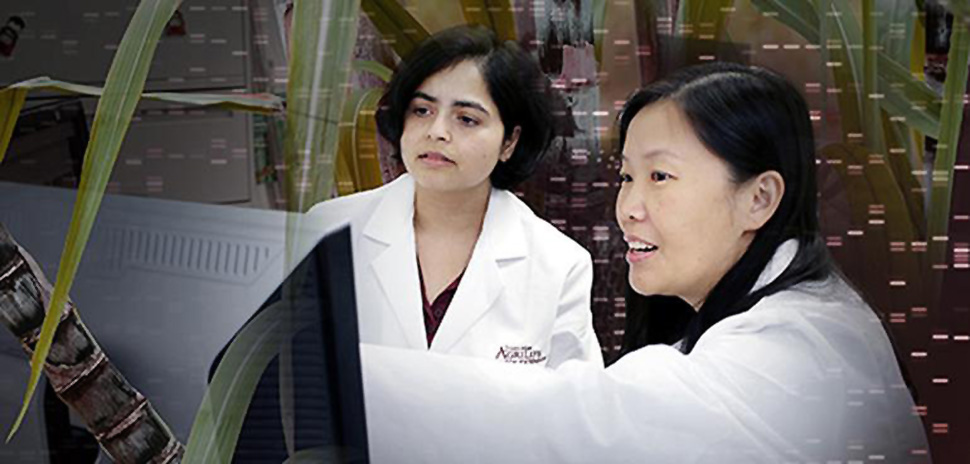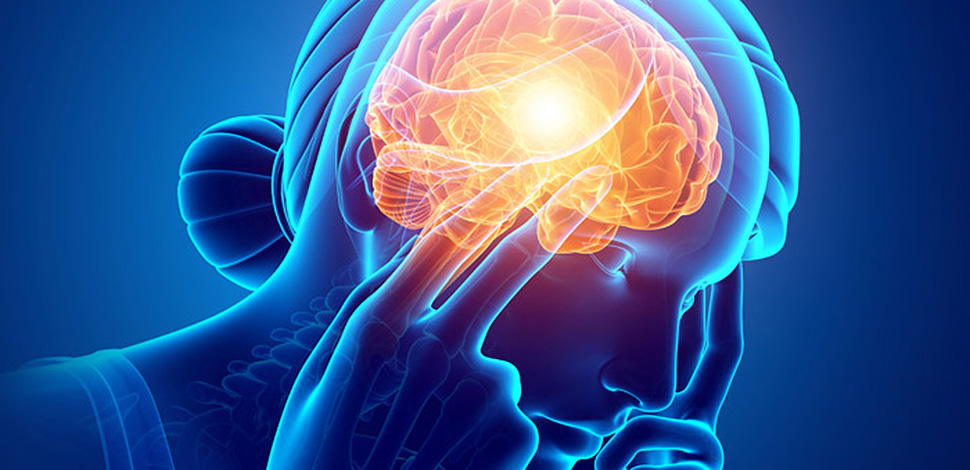![]() Every week, we do a little research of our own. We’re looking for scientists, professors, engineers, entrepreneurs—anybody, really—engaging in research and development across North Texas.
Every week, we do a little research of our own. We’re looking for scientists, professors, engineers, entrepreneurs—anybody, really—engaging in research and development across North Texas.
There’s plenty of good work being done. If you want to put R&D under your microscope, sign up for our e-newsletter.
UTD researchers seek answers to migraine questions
Migraines affect women more than men. Why? Substances called Nitric Oxide Donors.

Greg Dussor
Researchers at the University of Texas at Dallas are trying to answer the longtime questions about migraines. They’re using new techniques to learn more about the mechanisms behind the condition—a condition believed to affect more than 10 percent of the world’s population.
Migraines are characterized by severe periodic headaches that often are accompanied by nausea, vision disturbances, and sensitivity to light or sound.
Dr. Greg Dussor, fellow and Eugene McDermott Professor in the School of Behavioral and Brain Sciences, is the principal investigator on two National Institutes of Health (NIH) grants that total more than $2.8 million over five years to look for the answers to those questions.
“These two projects ask questions about widely acknowledged observations,” Dussor said in a statement. “Migraine is more common in women. Why? We don’t know. Nitric oxide donors—substances that release that compound—reliably trigger migraine in people. Again, we don’t know why. These are inarguable conclusions from which we have to work backward.”
UTA dean and professor together get $1M STARs grant to research water in region
The dean of UT Arlington’s College of Architecture, Planning and Public Affairs has been named the UNESCO chair of water and human settlements and, along with a UTA professor, obtained a $1 million UT System STARs grant for research in that area.

Adrian Parr [Photo Courtesy of UT Arlington]
Adrian Parr, who came to The University of Texas at Arlington in August from the University of Cincinnati, and Associate Professor Michael Zaretsky of the civil engineering faculty received the grant that will help further research into conditions in North Texas.
“Water is rapidly becoming the new oil of the 21st century,” Parr said in a statement. “Part of the STARs grant will be used to explore what this region can do to sustainably and equitably manage its water resources. There is no other resource more important than water.”
Almost 1.2 billion people—nearly one-fifth of the world’s population—live in regions where water is scarce, and 500 million people are in danger of losing access to clean water, UTA said. And, 1.6 billion more people face economic water shortage.

Texas A&M AgriLife Research genomics scientists Qingyi Yu, right, and Anumpma Sharma. [Photo Courtesy Texas A&M Agrilife]
Agrilife’s sugarcane genome sequencing offers crop improvement
Work done to sequence the especially complex genome of sugarcane by scientists at the Texas A&M Agrilife Research facility in Dallas could be a step toward molecular interventions to improve sugarcane crops over shorter time-frames and with greater efficiency, according to a report in Southwest FarmPress.
The work appeared as a cover story for the international science journal Nature Genetics.
Agrilife genomics scientist Qingyi Yu co-authored the study with Anupma Sharma, a postdoctoral research associate in Yu’s lab.
Current sugarcane improvement is reliant on traditional crossbreeding and field trials, the article said. But, that can take more than a decade and provide no guarantees of viable cultivars.
Yu said that the sequencing of wild sugarcane species Saccharum spontaneum by more than 100 international scientist moves the world closer to faster production of varieties that are more resistant to environmental stress and disease.
READ NEXT
R&D: UTD Researcher Defies Nature in Cloaking Sound, UT Southwestern Probes ‘Starving’ Lung Cancer
R&D: UNTHSC Seeks to Give Stroke Victims More Time; UTSW Examines Heart Issues & Race
![]()




























